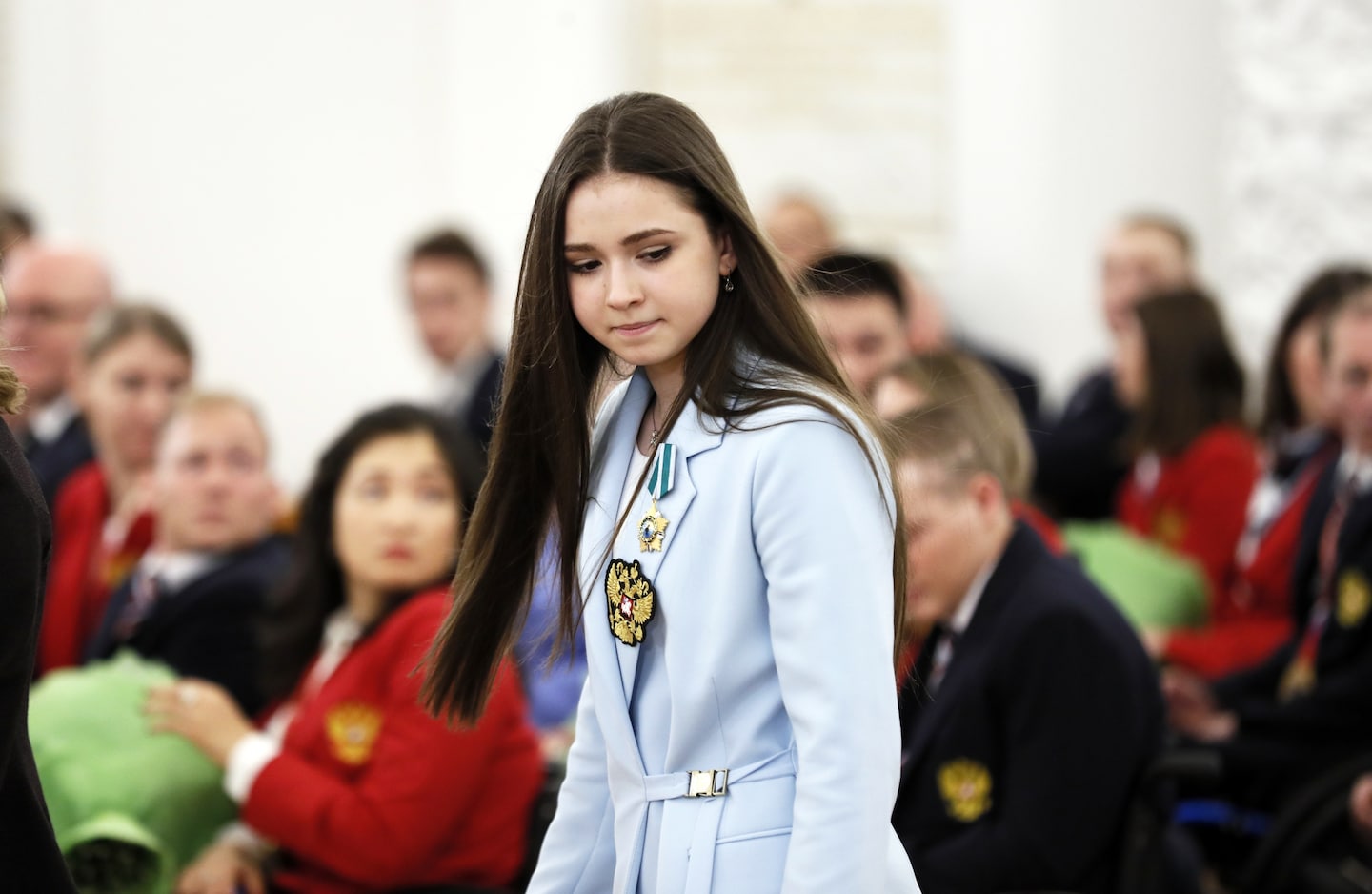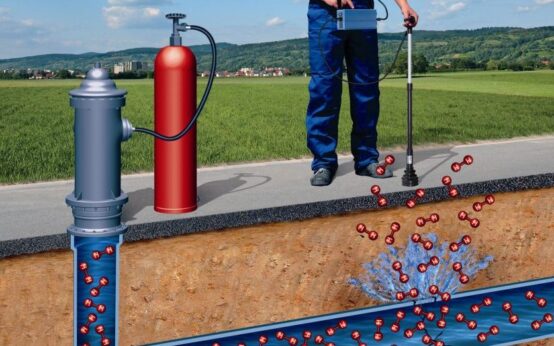The International Olympic Committee took the unusual step of withholding the 2022 team event medals while CAS settled Valieva’s case. The wait was particularly irritating for U.S. team members who finished second and fought to receive their medals, whatever color they end up being.
Valieva’s ineligibility means the United States is in position to receive gold medals, with Japan moving up to silver and Canada getting bronze. A decision on the medal allocation will come from the ISU and IOC. The ISU said it will have a statement Tuesday on the implications of the CAS decision.
Last fall, WADA and the ISU separately asked CAS to impose a four-year suspension on Valieva dating from December 2021, retroactively disqualifying her from the 2022 Olympics. At the same time, the Russian Anti-Doping Agency asked CAS to uphold its February 2023 ruling that Valieva had committed a violation but “bore no fault or negligence” and should have been able to compete in the Beijing Games. CAS wrapped all three requests into one case.
The Valieva saga began Dec. 25, 2021, at the Russian championships, where she provided a test sample that contained trimetazidine, a heart medication usually given to elderly patients but prohibited by WADA because younger athletes use it to enhance performance. Because of delays at the European lab analyzing the sample, her positive result was not disclosed until Feb. 9, 2022, two days after she helped the Russian Olympic Committee win the Olympic figure skating team event; the United States finished second, and Japan was third.
Olympic officials canceled that evening’s award ceremony. RUSADA initially suspended Valieva but lifted the ban a day later. WADA immediately appealed to CAS to reinstate Valieva’s suspension. CAS instead ruled that RUSADA first should investigate the positive test. Following that decision, the International Olympic Committee refused to award medals for the team event until Valieva’s case was resolved, saying it did not want to present medals it might have to reallocate. Later in the Olympics, Valieva, whose situation had become the story of the Games, stumbled in the women’s singles free skate, finishing fourth in an event she was expected to dominate.
RUSADA’s investigation lasted for nearly a year before the agency finally ruled last February that Valieva should have been disqualified only from the Russian championships where she provided the test sample.
In its Monday ruling, the CAS panel wrote that Russian anti-doping rules provide for a four-year suspension and that the skater, who was 15 at the time, had to prove that she did not knowingly take the drug to get a reduced punishment. The panel concluded that she “was not able to establish … that she had not committed the [violation of doping rules] intentionally.”
WADA released a statement applauding CAS’s decision “in the interests of fairness for athletes and clean sport.” But the agency also addressed the widespread belief that Valieva was given the drug by someone involved in Russia’s skating program, saying: “Doctors, coaches or other support personnel who are found to have provided performance-enhancing substances to minors should face the full force of the World Anti-Doping Code.”
For nearly two years, the Olympic team figure skating medals have remained in a vault near IOC headquarters in Lausanne, Switzerland, leaving the three winning teams — and fourth-place finisher Canada — in limbo. The uncertainty outraged the American skaters who still don’t have medals of any color.
“As an athlete who grew up dreaming of winning an Olympic medal, this was never part of the dream,” Evan Bates, a skater on the U.S. team event squad, said on a conference call last fall. “It was never part of what we envisioned, and so that’s the disappointing part. Maybe the optimist in me would hope that maybe this will be a landmark case for the Olympic movement and that we can see some real change moving forward.”
Bates and his fiancée and ice dance partner, Madison Chock, are the only members of the 2022 U.S. team event squad who are still competing, something he partially attributes to the fact that he and his teammates still have not received their medals from Beijing.
“It’d be hard to walk away knowing that, despite having achieved the hard part of winning the Olympic medal, we didn’t have the moment on the podium,” he said.
IOC and USOPC officials have promised the American skaters a lavish ceremony for whatever medals they receive but have been unable to plan one as Valieva’s case has dragged on. The skaters have talked about a ceremony at this summer’s Paris Olympics, given that it will be the first Games since Beijing. But the IOC might resist, given that Paris is a Summer Games.
In a statement, USOPC CEO Sarah Hirshland called Monday “a day we have been eagerly awaiting for two years, as it is a significant win not only for Team USA athletes but also for athletes worldwide who practice fair play and advocate for clean sport.
“We now anticipate the day when we can wholeheartedly celebrate these athletes, along with their peers from around the world. Their moment is approaching, and when it arrives, it will serve as a testament to the justice and recognition they truly deserve.”
U.S. Anti-Doping Agency CEO Travis Tygart said: “It’s the right outcome, just two years too late. Now ISU must immediately act to finally award and recognize the true winners of the competition.”


 Best Underground Water Leak Detection Equipment 2024
Best Underground Water Leak Detection Equipment 2024  Best Backyard Ideas: Turn Your Outdoor Area Into a Creative and Calm Haven
Best Backyard Ideas: Turn Your Outdoor Area Into a Creative and Calm Haven  Babar, Rizwan are good players but not whole team, says Mohammad Hafeez
Babar, Rizwan are good players but not whole team, says Mohammad Hafeez  Pak vs NZ: Green Shirts aim to bounce back against Kiwis today
Pak vs NZ: Green Shirts aim to bounce back against Kiwis today